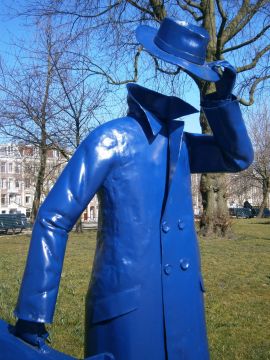Ta strona używa cookies
Ze względu na ustawienia Twojej przeglądarki oraz celem usprawnienia funkcjonowania witryny umcs.pl zostały zainstalowane pliki cookies. Korzystając ze strony wyrażasz zgodę na ich używanie. Możesz to zmienić w ustawieniach swojej przeglądarki.
Konsultacje w sesji:
Środy: 8.30 - 10.30
p. 306
pl. Marii Curie-Skłodowskiej 4
20-031 Lublin
Mam wykształcenie socjologiczne i filozoficzne. Doktorat broniłem z nauk o poznaniu i komunikacji społecznej a habilitację otrzymałem z filozofii. Prowadzę badania dotyczące wpływu języka i innych wytworów człowieka na procesy poznawcze. Interesuję się relacją między mediami a racjonalnością. Pracuję w obszarze antropologii komunikacji, filozofii języka, teorii decyzji i poznania ucieleśnionego.
https://orcid.org/0000-0002-6923-8944
Wybrane artykuły:
Monografia
Redakcja prac zbiorowych:
Inne:
Staże i stypendia:
Projekty
Wybrane konferencje:

